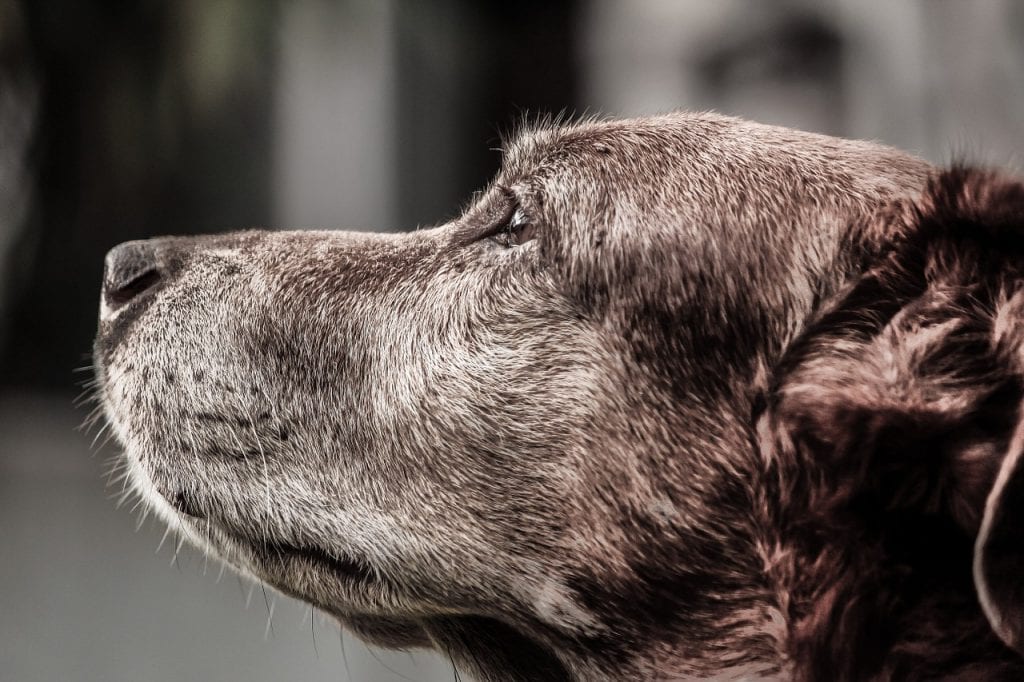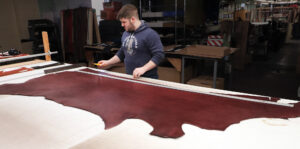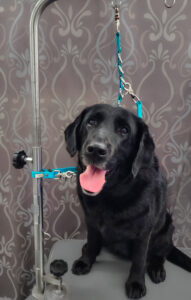
Caring for Your Elderly Canine
May 10, 2017
It is never easy watching your beloved canine companion grow old. First, their muzzle shows a touch of gray, then you notice they don’t carry themselves with that extra pep in their step, and lastly you start to notice they would rather sleep than greet you at the door. It is a sad realization that your long time family member is aging and that time stops for no one.
Here are three tips to help care for your aging canine.
Obesity kills.
If you are over feeding and under exercising your dog throughout its life, you are slowly hurting them. The extra pounds truly “add up” over time. A dog that is overweight has a harder time dealing with arthritis. Just like humans, the more pounds that we carry around, the more stress there is on our joints and ligaments. Obese dogs are also susceptible to diabetes, heart disease, certain cancers, skin problems, and digestive problems. Plus, they are at a higher risk of having complications when anesthetized and are more likely to suffer from a decreased effectiveness of their immune system,
Do I need to hammer this point anymore? Overweight and obese dogs aren’t happy being that way. The dog can’t go on Weight Watchers and they sure as heck aren’t going to turn down another treat, even though they know they don’t need it. We have to be their guardian, their best friend, and their personal trainer! If your dog is overweight, here are a few things you can do: talk to your veterinarian about different food options, eliminate treats, eliminate human food, decrease their portions slowly over the course of time, and increase their activity level. Take them on more walks but be smart about it. If they are old already, they may need more frequent walks, but at shorter distances. Walk them on grass or in fields rather than sidewalks and pavement. Take them swimming etc. If your pet is obese, decreasing their food and increasing their activity level will equal a better quality of life!
Supplements for your dog help with arthritis and discomfort.
Again, I’m not a veterinarian, so please consult with yours before tossing your pup some pills, but here are some basic tips: Glucosamine and Chondroitin help “lubricate” joints and ease arthritis. These are often given to dogs who have suffered injuries or who have hip dysplasia or other joint problems. Fish oil has proven to help with a dog’s skin, coat, joints, and their overall health. Never a bad option to add a little fish oil! Lastly, if your dog has stomach issues, FortiFlora can help settle things down. This product is a probiotic and helps promote intestinal health.
Maintain their hygiene.
It is important to brush their coat regularly, clean their teeth, bathe them every so often, clean their ears, and trim their nails. Think about it, if they have rotten teeth that ache them, do you think they will eat properly and maintain the caloric intake to survive and thrive? If their ears are filled with black tar and they constantly shake their heads and scratch at themselves, are they enjoying their day? If their coat is dirty and matted, are they comfortable or are they itchy? If their nails are grossly long, do you think their paws are sore from adjusting each and every step? A lot of these sound like “no-brainers” but you wouldn’t believe the number of older dogs I see that struggle daily due to one, if not all, of these preventable ailments!
In the end, our dogs need us to be their guardian, their provider, and their best friend. Enjoy every day with your dog and take care of them as they get up there in age. Please give those old gray muzzles a good scratch for me too!



Actually, we need to be mindful about when it comes to our aging pets.